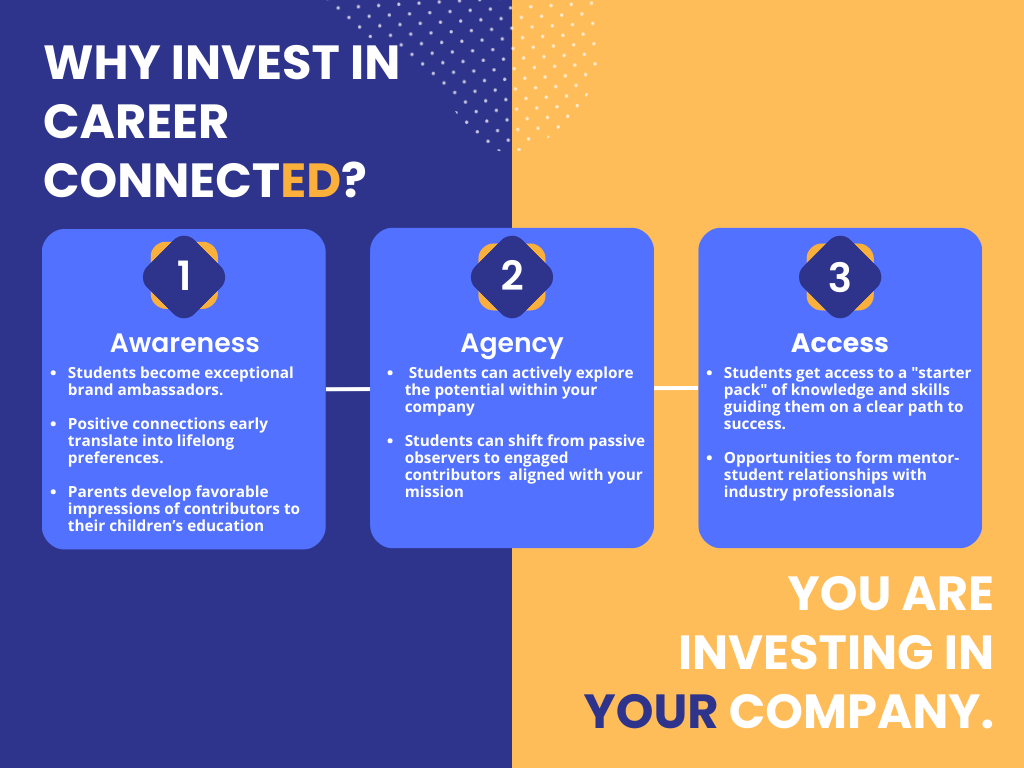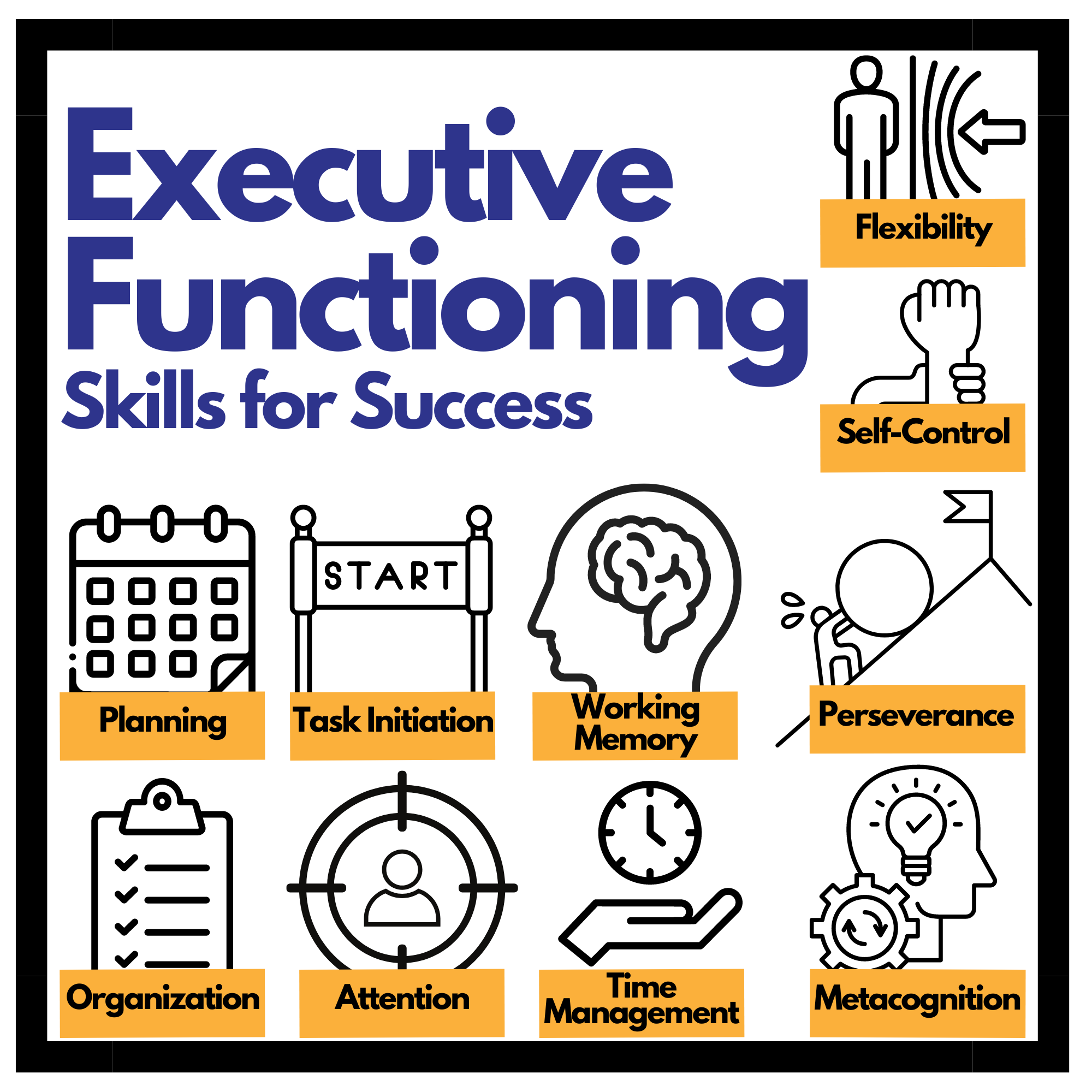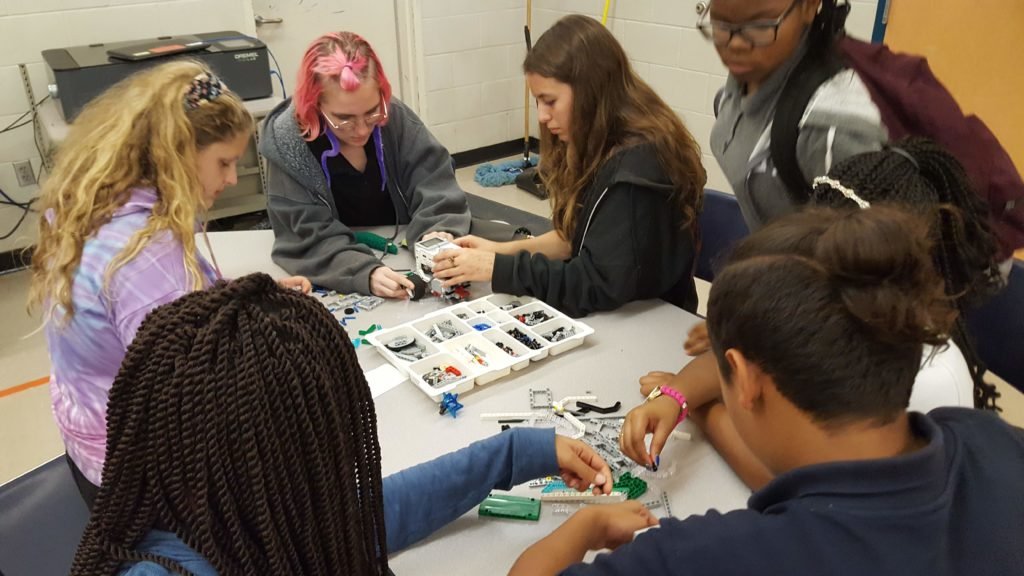
Promote the “S” in ESG. Invest in Career-Connected Learning in Your Community.
Written by Luk Hendrik, PhD. Co-Founder, Scoutlier by Aecern
Over 50 years ago, Milton Friedman, one the most influential economists of the 20th Century wrote. “to devote resources to providing amenities to [its] community or to improving its government. That may make it easier to attract desirable employees, it may reduce the wage bill… or have other worthwhile effects.”1
Today, the idea of investing in meaningful social impact and practicing good corporate governance has become an important aspect of how we do business, even shaping our corporate identity. This is not just a feel-good thing; extensive evidence supports that companies with strong environmental, social and governance (ESG) profiles are much more likely to do well in the market2. Indeed, Larry Fink, fabled CEO of BlackRock, noted in his 2019 letter to CEOs that “profits and social impact are “inextricably linked”3.
That’s the good news.
The challenge lies in the fact that “investing in social impact” remains almost as vague a concept today as it did when Friedman wrote about it in 1970. It has proven to be a lot easier to develop meaningful strategies to address—and quantify—our impact on the “E” or environmental good that we are doing, rather than our social impact. The combination of clear metrics and the increasingly urgent challenge of global change have driven companies to reduce their carbon footprint. For example, it is predicted that companies will voluntarily purchase 100 times more carbon credits in 2050 than they do now4. Consequently, many organizations focus on ESG investment centered around environmental impact.
But, is the health of the planet really more important than the well-being of our people?
Many would agree that there needs to be a balance, but to achieve this balance we need to figure out how to invest effectively and efficiently in social impact too. Jason Saul, a leading expert on measuring social impact, recently proposed setting “thresholds for what constitutes a “unit” of impact for outcomes like hunger, education and employment”5.
As an edtech company, we embrace the challenge of defining ESG value and how it can be holistically achieved through education for students in grades K-12. In collaboration with Fortune 500 companies, like ServiceNow, governmental agencies, including the DoD, and academic partners at the MIT Critical Data, we have been at the forefront of defining and optimizing the impact that career-connected learning has on value creation, workforce development and broader social good since 20176.
Over these six years, we discovered that industry-sponsored, career-connected learning enhances the social profile of a company in three specific ways:
- Awareness: Students, particularly teens, serve as exceptional brand ambassadors, something your marketing department will be very aware of. Importantly, positive connections established during these formative years often translate to life-long preferences. This impact extends beyond students. Parents and guardians who are heavily invested in their children’s education develop favorable impressions of the people and entities they view as positively contributing.
- Agency: It is imperative that students experience the possibilities of what your professionals do. Doing so provides students with a sense of belonging and allows them to make a potential impact within your company in a measurable way. This is especially critical for historically underrepresented and marginalized groups. This sense of agency transforms them from passive observers into engaged contributors aligned with your mission.
- Access: Students need help finding and engaging with the support and training they need to stay on a track that could lead them to you. This is especially true for those lacking strong mentors or role models in their lives. Providing them with a “starter package” of knowledge and skills, along with a roadmap for the future can be transformational.
We have seen career-connected learning transform the relationship between communities and companies when well-designed and delivered with intention. That is a topic we’ll be exploring next.
Sources:
- Milton Friedman, “A Friedman doctrine—The social responsibility of business is to increase its profits,” New York Times Magazine, September 13, 1970.
- Gunnar Friede et al., “ESG and financial performance: Aggregated evidence from more than 2000 empirical studies,” Journal of Sustainable Finance & Investment, October 2015, Volume 5, Number 4, pp. 210–33
- Larry Fink. Investor Relations. Letter to CEOs. 2019
- Christopher Blaufelder et al. A blueprint for scaling voluntary carbon markets to meet the climate challenge. McKinsey Report I’m s. 2021
- Jason Saul. Fixing the S in ESG. Stanford Innovation Review. 2022
- Lyndon et al. Hacking Hackathons: Preparing the next generation for the multidisciplinary world of healthcare technology. International Journal of Medical Informatics. 2017
RESOURCES







